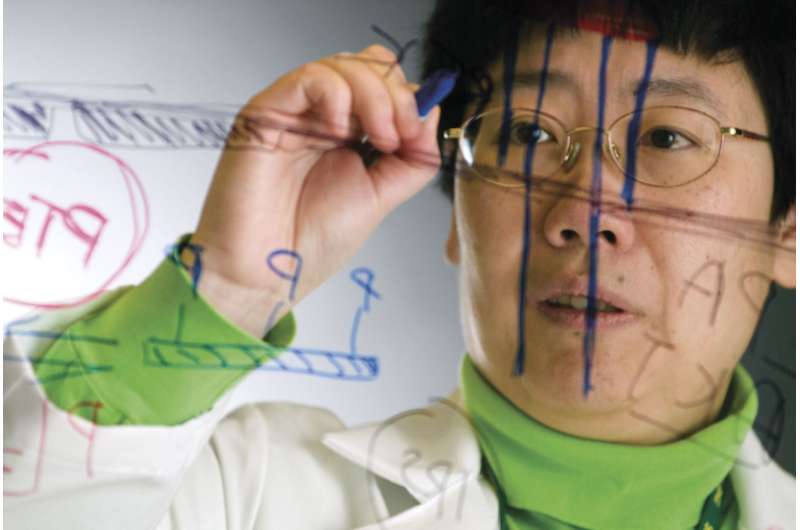Breast cancer researchers find bacteria imbalance link

Researchers in the United States have uncovered differences in the bacterial composition of breast tissue of healthy women versus those with breast cancer.
The team learned that healthy breast tissue contains more of the bacterial species Methylobacterium, a finding that could offer a new perspective in the battle against breast cancer, which caused 571,000 deaths in 2015 and is the top cancer in women globally, according to the World Health Organization.
Bacteria that live in the body, known as the microbiome, influence many diseases.
Most research has been done on the gut microbiome, or bacteria in the digestive tract. Scientists have long suspected that a microbiome exists within breast tissue and plays a role in breast cancer, but it has not yet been characterized.
The research team at Cleveland Clinic, Ohio, has taken the first step toward understanding the composition of the bacteria in breast cancer by uncovering distinct microbial differences between healthy and cancerous breast tissue.
"To my knowledge, this is the first study to examine both breast tissue and distant sites of the body for bacterial differences in breast cancer," said co-senior author Charis Eng, M.D., Ph.D., chair of Cleveland Clinic's Genomic Medicine Institute and director of the Center for Personalized Genetic Healthcare.
"Our hope is to find a biomarker that would help us diagnose breast cancer quickly and easily. In our wildest dreams, we hope we can use microbiomics right before breast cancer forms and then prevent cancer with probiotics or antibiotics."
Published online in Oncotarget on Oct. 5, 2017, the study examined the tissues of 78 patients who underwent mastectomy for invasive carcinoma or elective cosmetic breast surgery. They also examined oral rinse and urine to determine the bacterial composition of these distant sites in the body.
In addition to the Methylobacterium finding, the team discovered that cancer patients' urine samples had increased levels of gram-positive bacteria, including Staphylococcus and Actinomyces. Further studies are needed to determine the role these organisms may play in breast cancer.
Co-senior author Stephen Grobmyer, M.D. said: "If we can target specific pro-cancer bacteria, we may be able to make the environment less hospitable to cancer and enhance existing treatments. Larger studies are needed but this work is a solid first step in better understanding the significant role of bacterial imbalances in breast cancer." Dr. Grobmyer is section head of Surgical Oncology and director of Breast Services at Cleveland Clinic.
The study provides proof-of-principle evidence to support further research into the creation and utilization of loaded submicroscopic particles (nanoparticles), targeting these pro-cancer bacteria. Funded by a grant from the Center for Transformative Nanomedicine, Drs. Grobmyer and Eng are working with researchers in the Middle East to develop new treatments using nanotechnology to deliver antibiotics directly to the bacterial community in breast cancer.
More information: Breast tissue, oral and urinary microbiomes in breast cancer. Oncotarget. doi.org/10.18632/oncotarget.21490


















